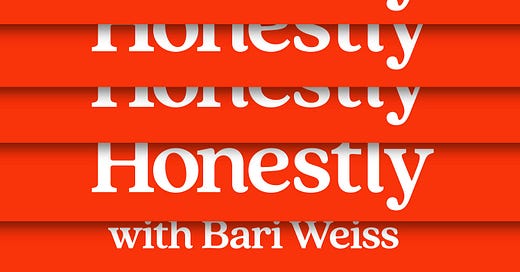In the past few weeks, there’s been an increasing number of threats to freedom of speech around the world.
In France, authorities arrested Telegram CEO Pavel Durov for failing to adequately moderate content and prevent criminal activity on his platform.
In the UK, since the outbreak of anti-immigration riots, police have arrested individuals merely for posting comments online. The Labour-led government has suggested expanding measures to remove “legal but harmful” content.
In Brazil, President Lula’s administration has proposed new regulations requiring social media companies to monitor and remove “harmful content,” and a Brazilian Supreme Court justice just banned X altogether in the country. The ruling came after the platform missed a deadline to name a new legal representative there.
From Hungary to Pakistan, the right to speak your mind, particularly on the internet, is more precarious than ever.
Even in the United States, with our free speech rights enshrined in the Constitution, polls suggest an entire generation has grown up thinking it should be illegal to say something inaccurate or hateful. Democratic VP nominee Tim Walz said as much: “There’s no guarantee to free speech on misinformation or hate speech, and especially around our democracy.”
So how did we get here? And, where is this all going?
Today, Michael sits down with the intrepid journalist Matt Taibbi, who knows this issue inside out. When The Free Press launched, he reported the Twitter Files with Bari Weiss, and together they exposed how government agencies had pressured Twitter to censor undesirable information, including skepticism of Covid lockdowns and opposition to Covid-related public school closures.
In this conversation, Matt and Michael talk about what’s happening in Europe, Brazil, and here in the U.S. They discuss the factors that precipitated the so-called “misinformation wars,” from 9/11 to Brexit and Trump’s election, that convinced elites of the need to enforce restrictions on speech. And they talk about why these efforts are doomed to backfire.
If you liked what you heard from Honestly, the best way to support us is to go to thefp.com and become a Free Press subscriber today.
Learn more about your ad choices. Visit megaphone.fm/adchoices















Not enough heckling of Ben Collins. 3/10.
I noticed that each reference to Hunter's laptop included "I don't care about Hunter Biden". That's a very mainstream media tick. As we all know, the laptop contains compelling evidence that the current president is compromised and corrupt.